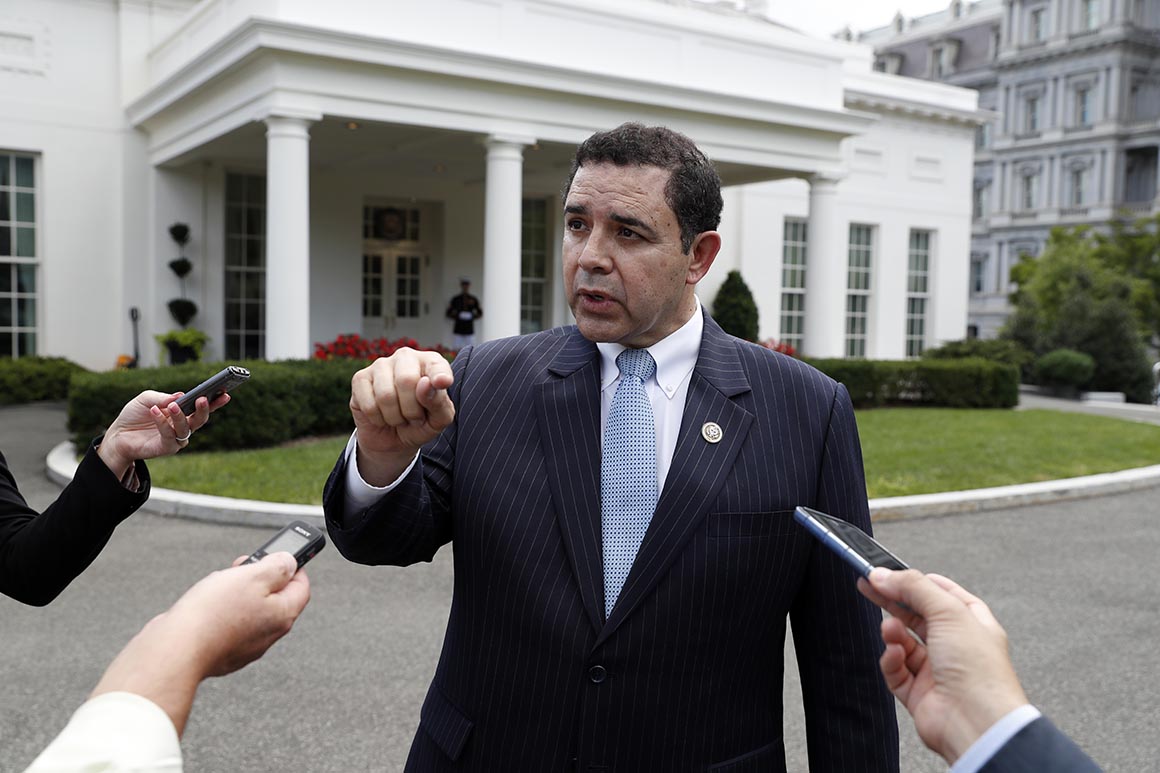
“We have those other issues that might have been No. 1 for some of us, but the health issue has been elevated to No. 1,” Cuellar said. “We’ve still got to bring up those issues that are still important to the district.”
Many Democrats say the pandemic will only boost support for priorities like universal health coverage after dramatizing some of the nation’s ugliest health and income disparities. And they say it could translate to other progressive issues, as well.
Rep. Jamie Raskin (D-Md.) added that the all-hands-on-deck national response to the pandemic amounted to “a dress rehearsal for addressing the catastrophic impacts of climate change.”
“That’s what this election is going to be about, can the government be an instrument in the common good?” Raskin said in an interview.
Some issues Democrats have been talking about for years in their much-touted “For the People” agenda have resurfaced in a new and pressing way: infrastructure, election security and even broadband internet.
Yet Republicans also pushed back against Pelosi in March when she insisted on a broad set of goals in the most recent coronavirus relief package, including broadband and infrastructure.
“Specific bills, when we are not in session, may be treated differently,” House Democratic Caucus Vice Chair Katherine Clark (D-Mass.) said in an interview Wednesday, dismissing concerns that the pandemic might distract from other priorities they planned to address in 2020.
“But all of those issues, immigration policy, climate change, are so interwoven into what we’re seeing and how we’re going to handle the public health crisis and how we handle the recovery,” Clark said. “All of these issues have had their urgency reconfirmed.”
Top Democrats were just beginning to sketch out an agenda for the second year of their majority, after impeaching the president in December, when the outbreak struck. Clark and House Democratic Caucus Chairman Hakeem Jeffries (D-N.Y.), swiftly postponed their annual policy retreat, scheduled for early April.
Even before the virus fully took hold, Democratic leaders signaled a turn away from politics as usual — sensitive to the mounting uncertainty and rising caseloads in the U.S. In March, Democrats pulled a bill that would have repealed Trump’s travel ban on Muslim-majority countries, which had long been a priority of progressives.
But it’s not just a shift in message. The pandemic has also radically altered Congress’s calendar, scattering lawmakers across the country for half of March and all of April — and possibly beyond.
That abrupt schedule change will likely require House leaders to keep members in for longer periods later in the year, cutting into recess periods — which can be two full months or more in election years — and hindering campaigning.
“Our return will be dictated by the facts on the ground, of course, and once we’re back the schedule will likely change to accommodate the work we have to get done,” House Majority Leader Steny Hoyer (D-Md.) said Wednesday.
Congress has already passed its biggest economic rescue bills in history, doling out trillions of dollars to prop up an unsteady economy and shore up fragile health care systems.
Source: politico.com
See more here: news365.stream






